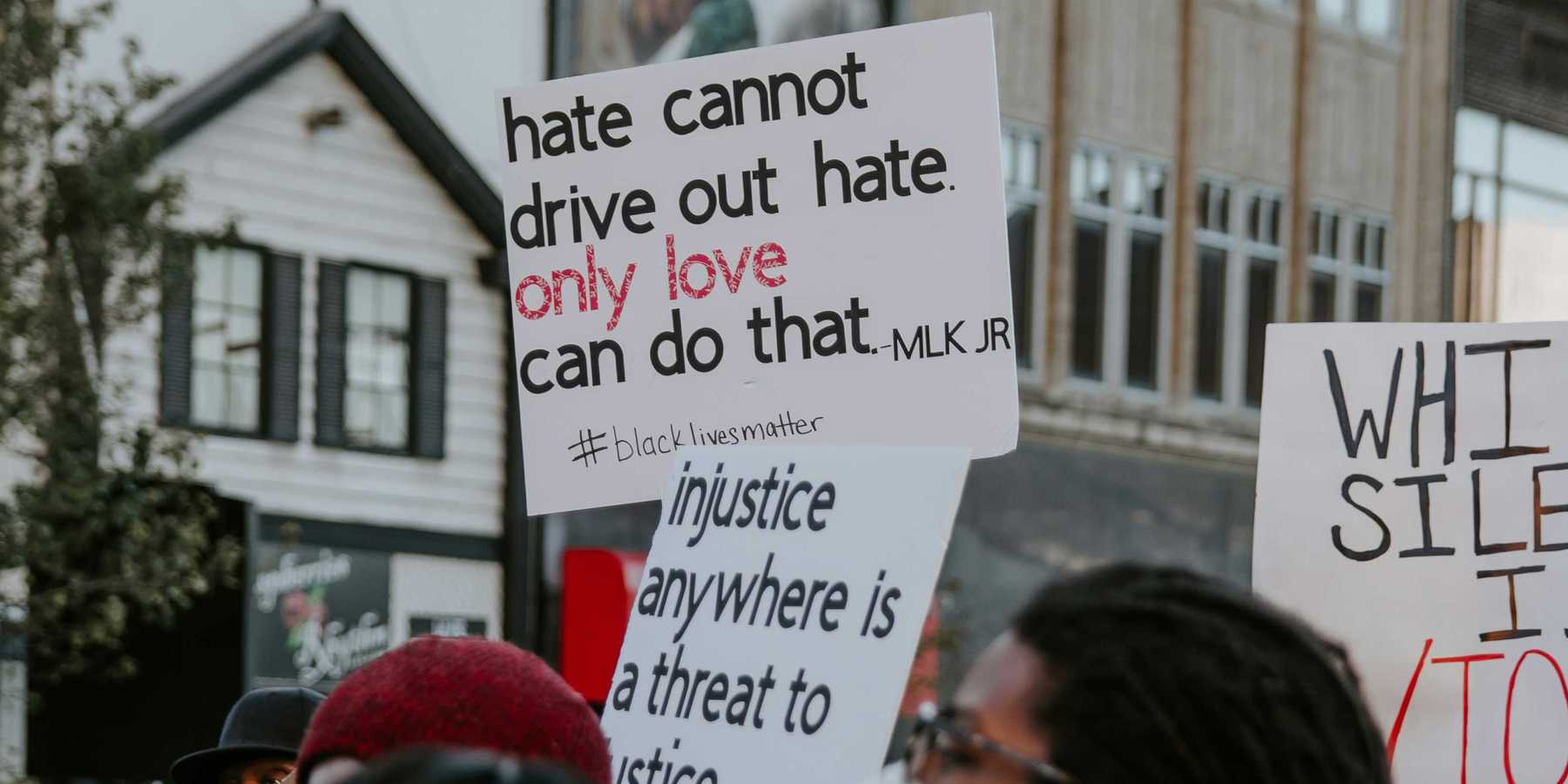Plastic Free July needs systemic change, not just consumer action
A recent analysis argues that while Plastic Free July aims to reduce plastic use, significant impact requires action from governments and companies, not just consumers.
Bhavna Middha and Ralph Horne write for The Conversation.
In short:
- Individual efforts during Plastic Free July are insufficient to address plastic pollution without systemic changes.
- Governments and corporations must implement regulations and redesign production and distribution systems to reduce plastic waste.
- Effective solutions need to consider the essential roles plastics play in everyday life and avoid disadvantaging vulnerable communities.
Key quote:
"Consumers shouldn’t have to bear full responsibility for plastic pollution. Individual sacrifices – particularly temporary ones – won’t make a significant difference."
— Bhavna Middha, senior research fellow at the Centre for Urban Research, RMIT University and Ralph Horne, associate deputy vice chancellor of research & innovation at the College of Design & Social Context, RMIT University.
Why this matters:
Focusing solely on consumer action overlooks the need for comprehensive policies and industry accountability to create lasting environmental change. Addressing plastic pollution effectively requires broad, systemic reforms that protect both the environment and vulnerable populations. Read more: A plastic recipe for societal suicide.













